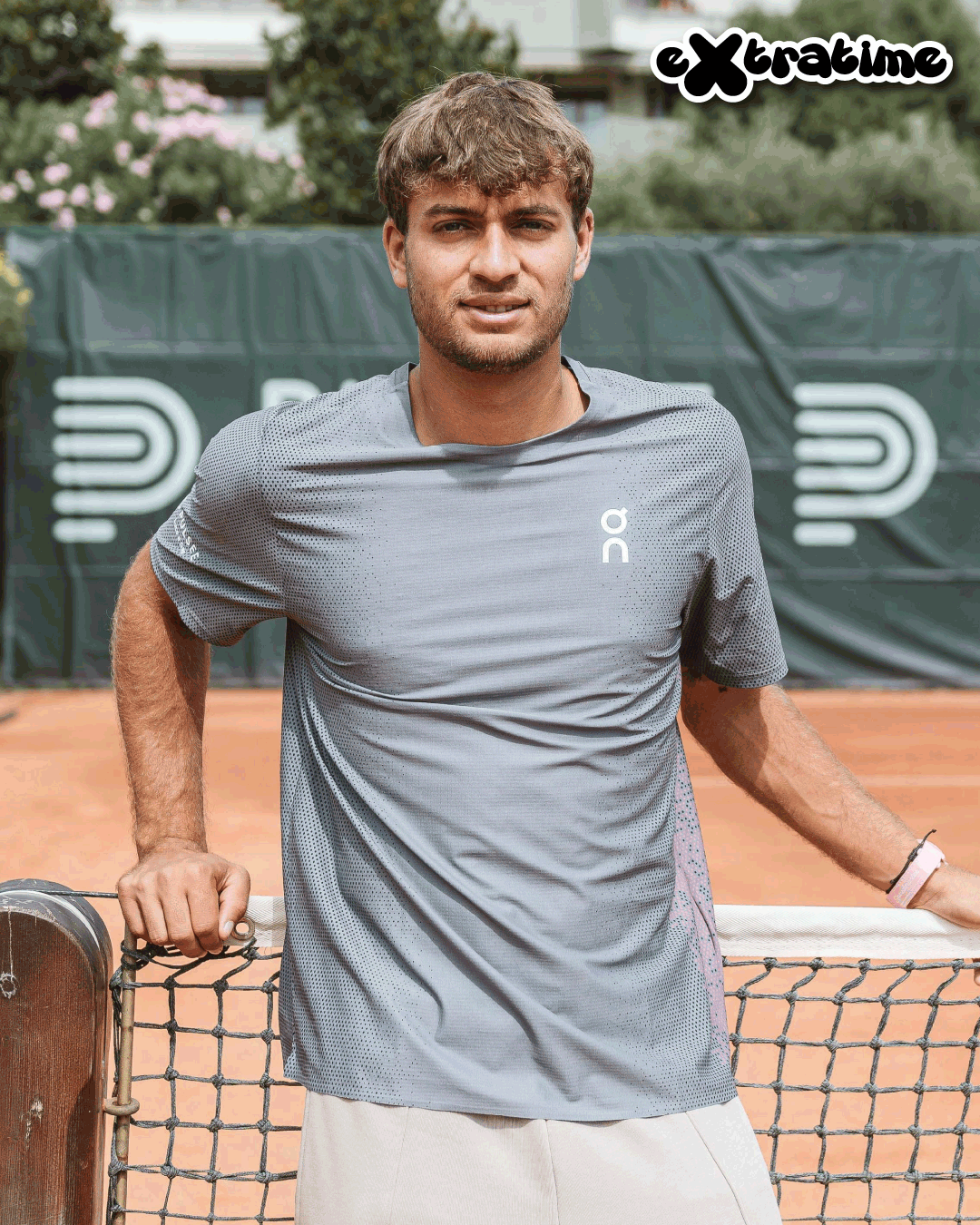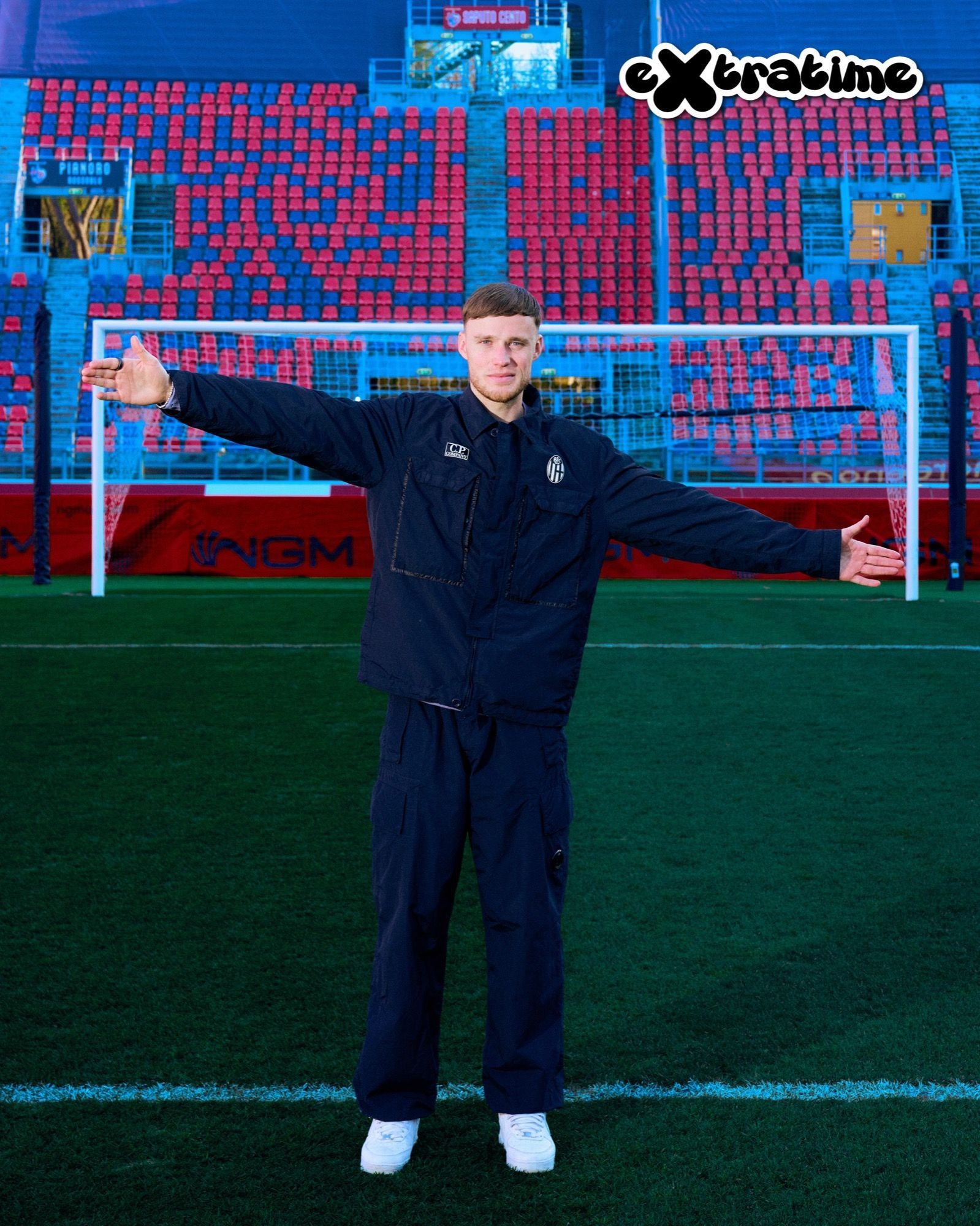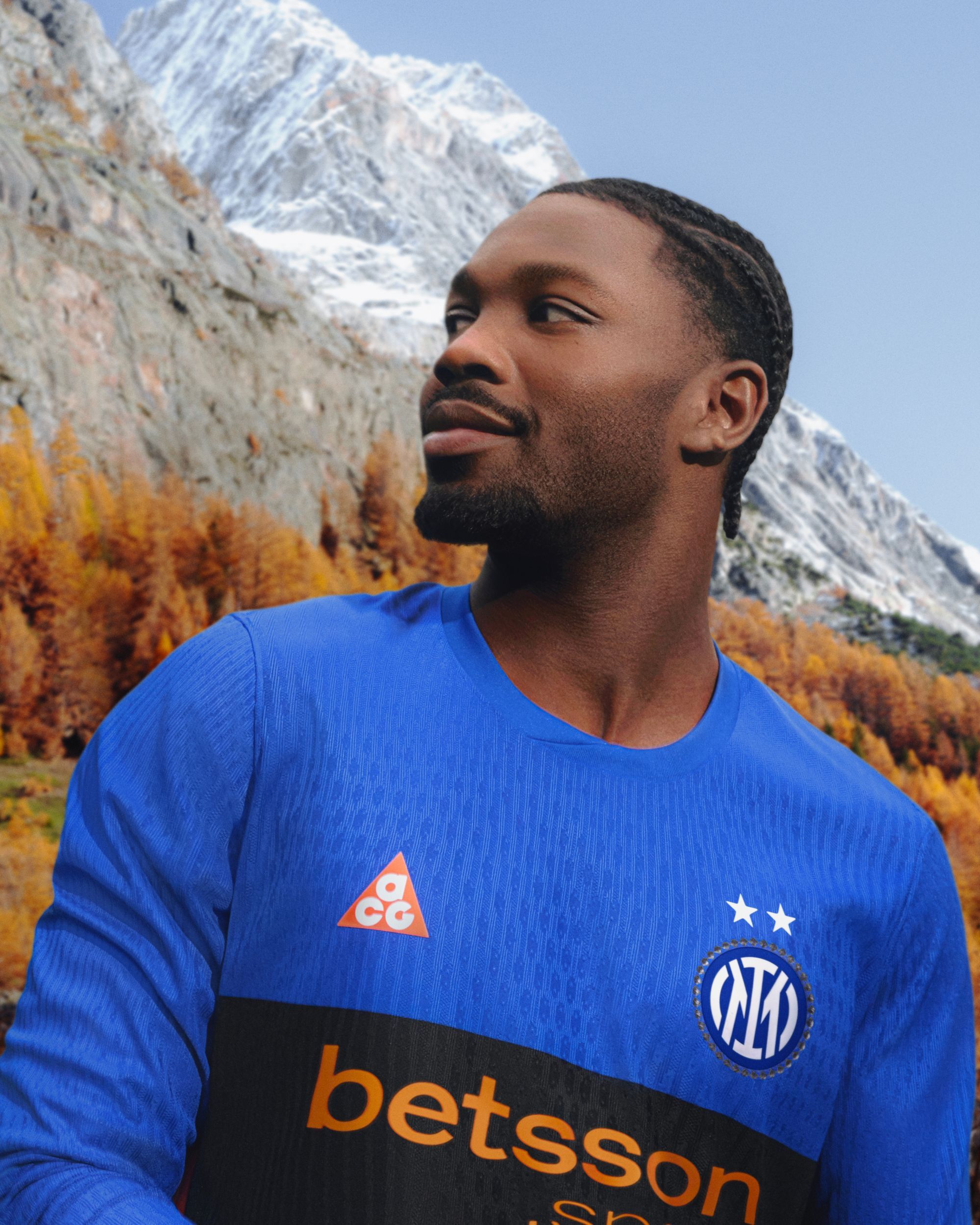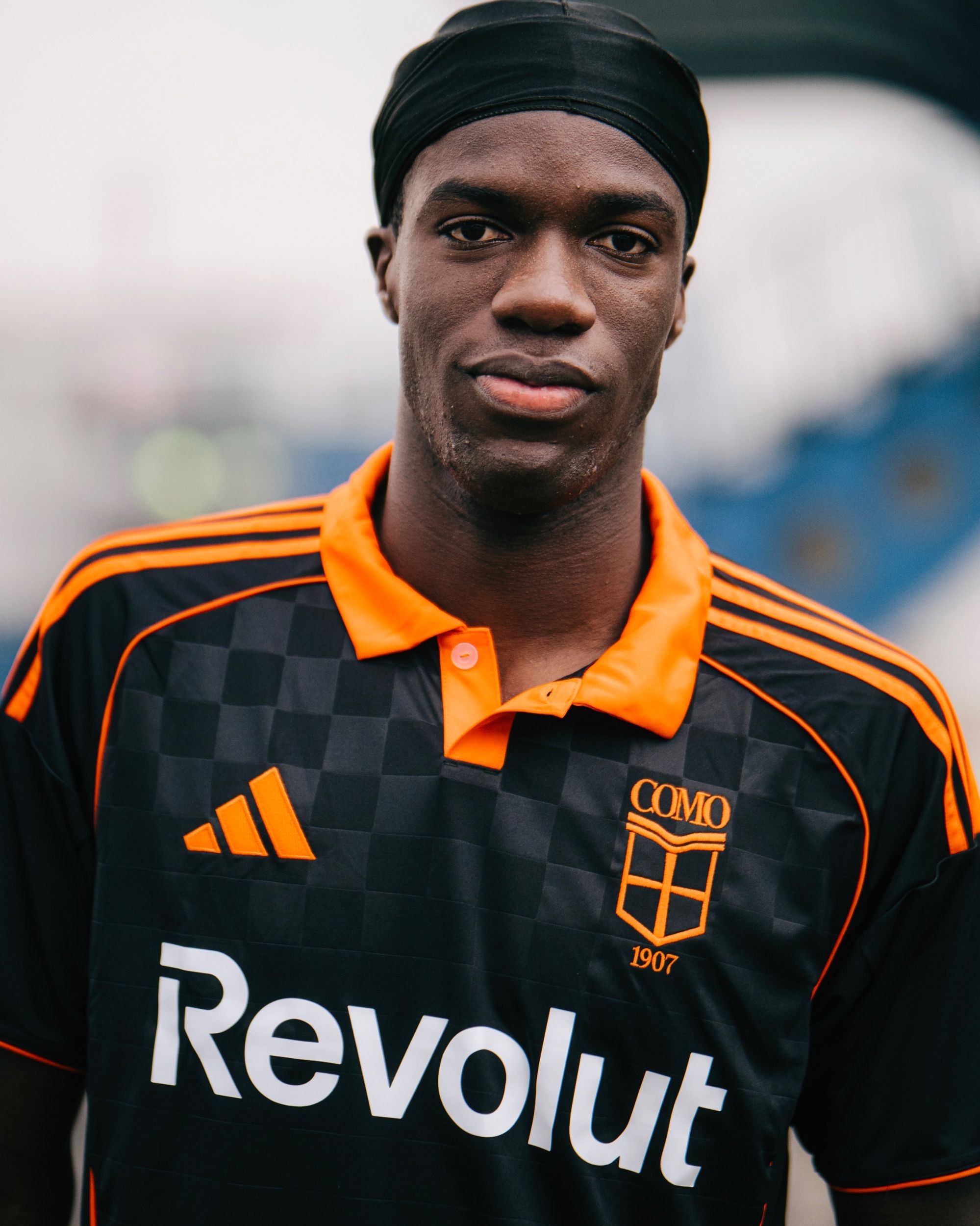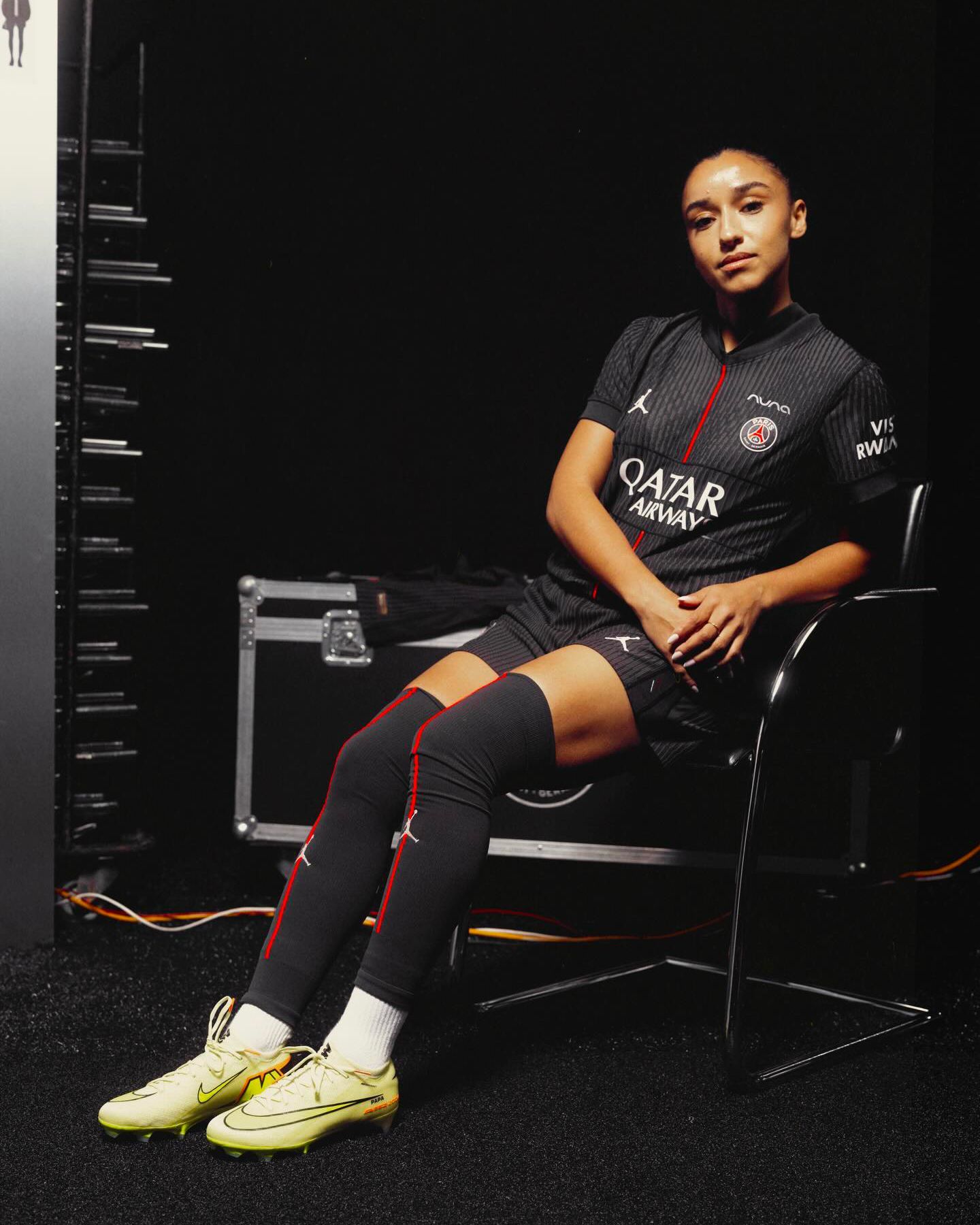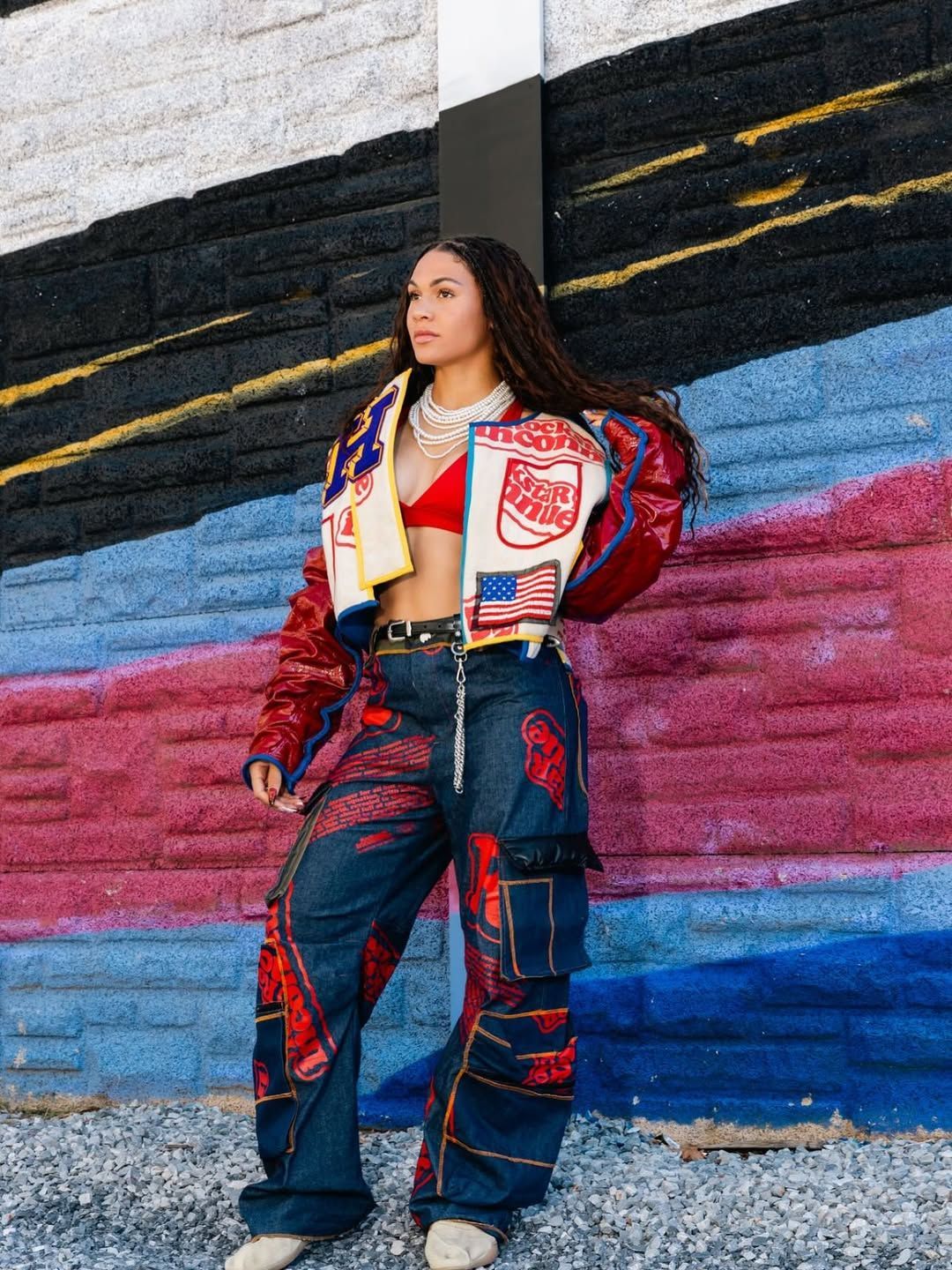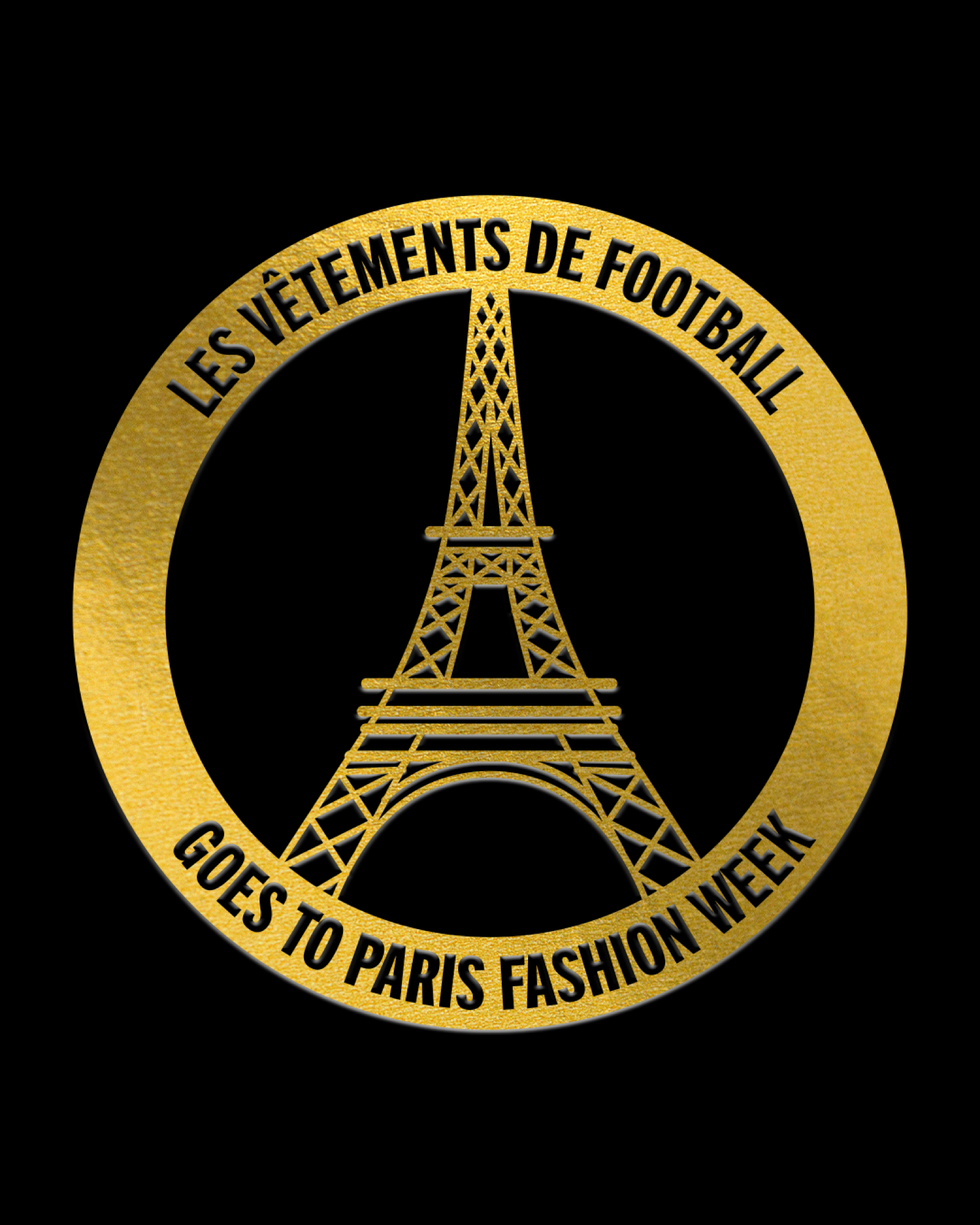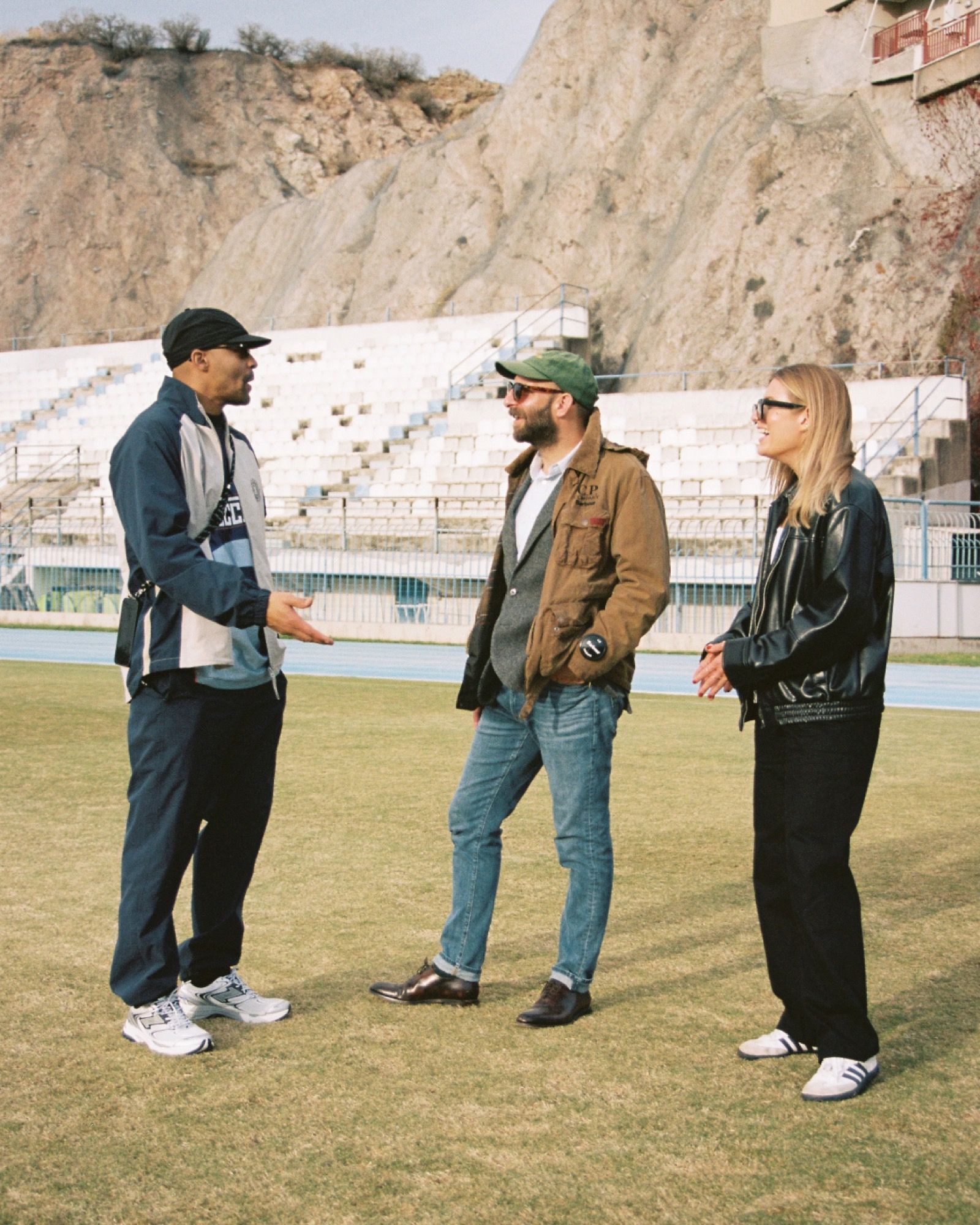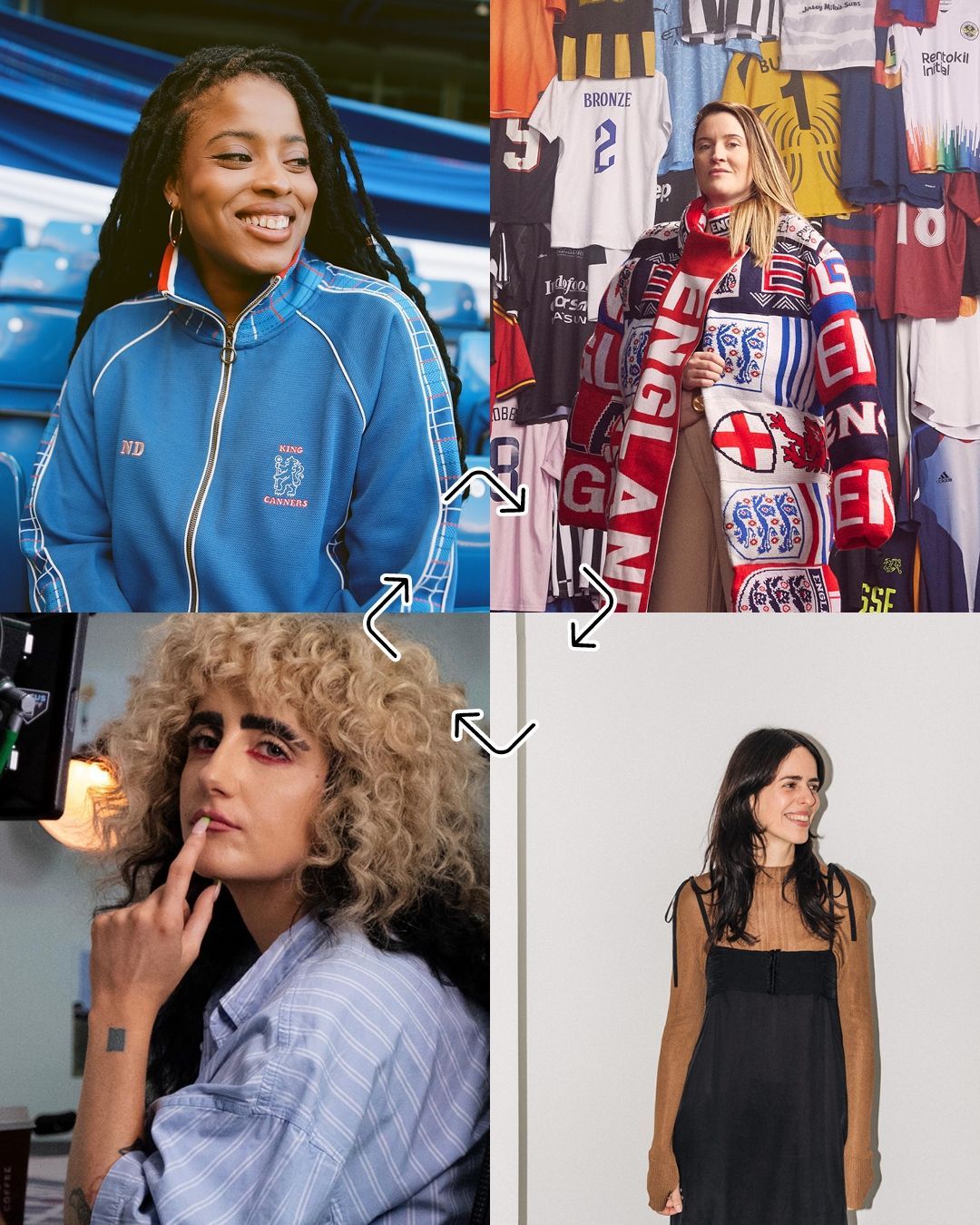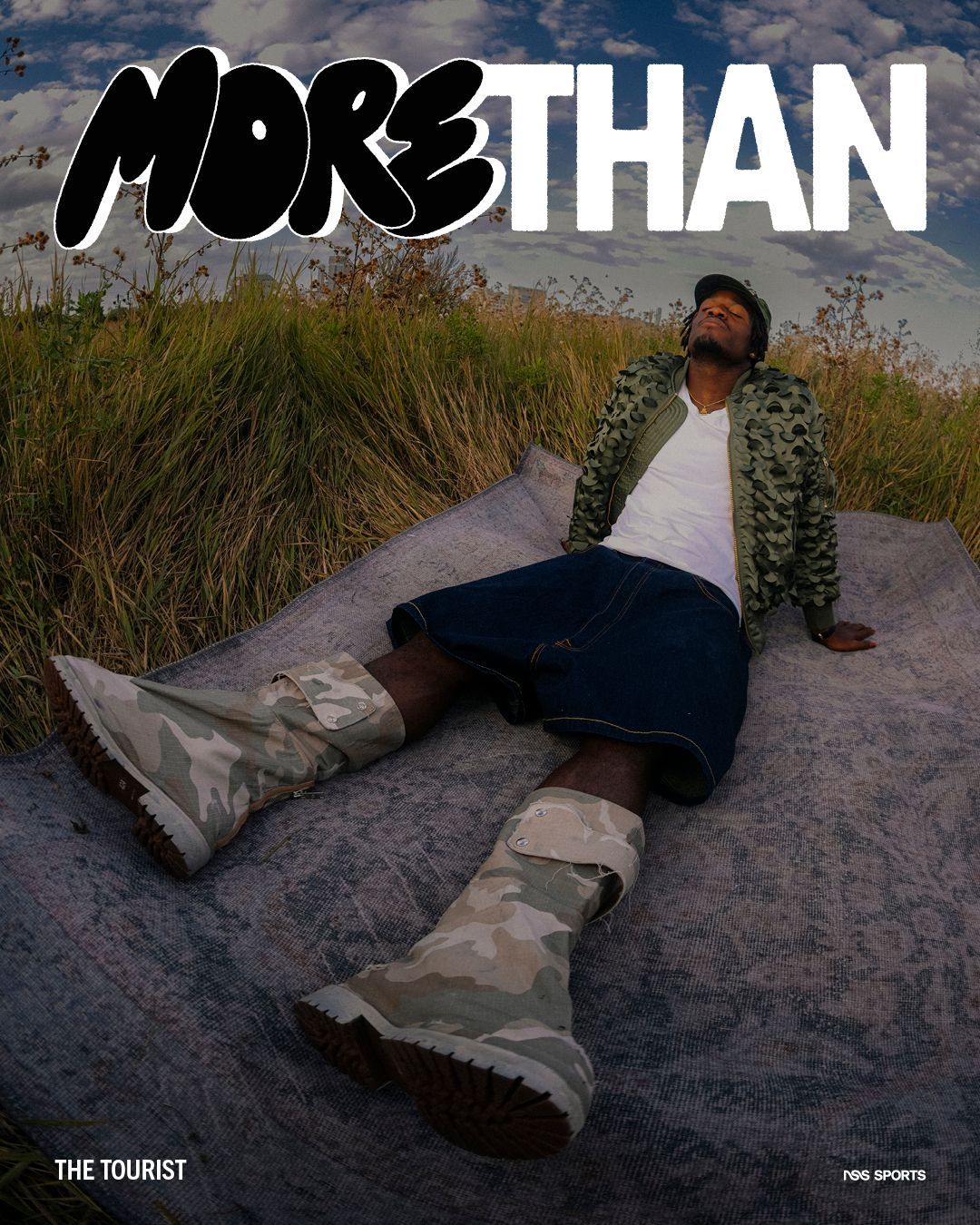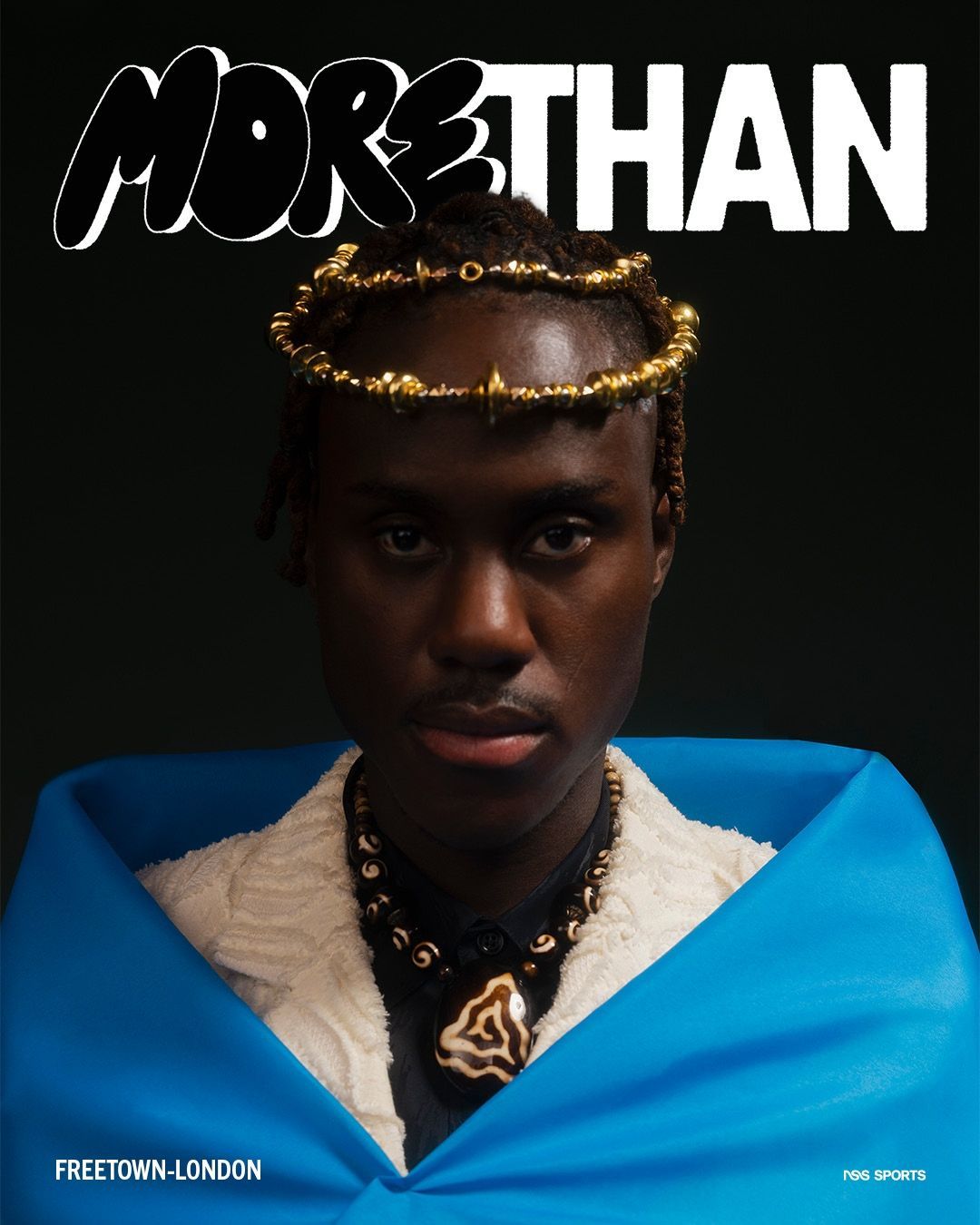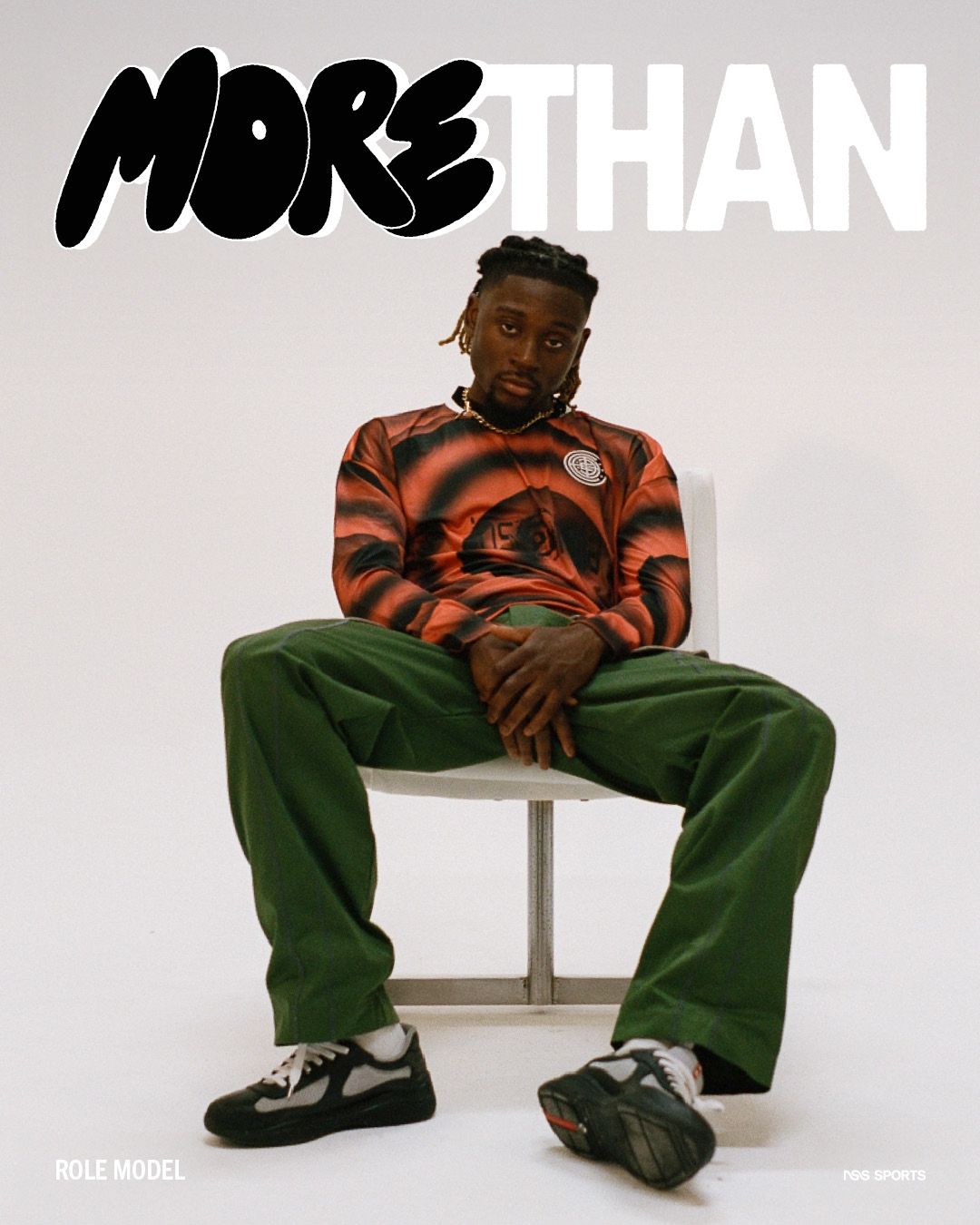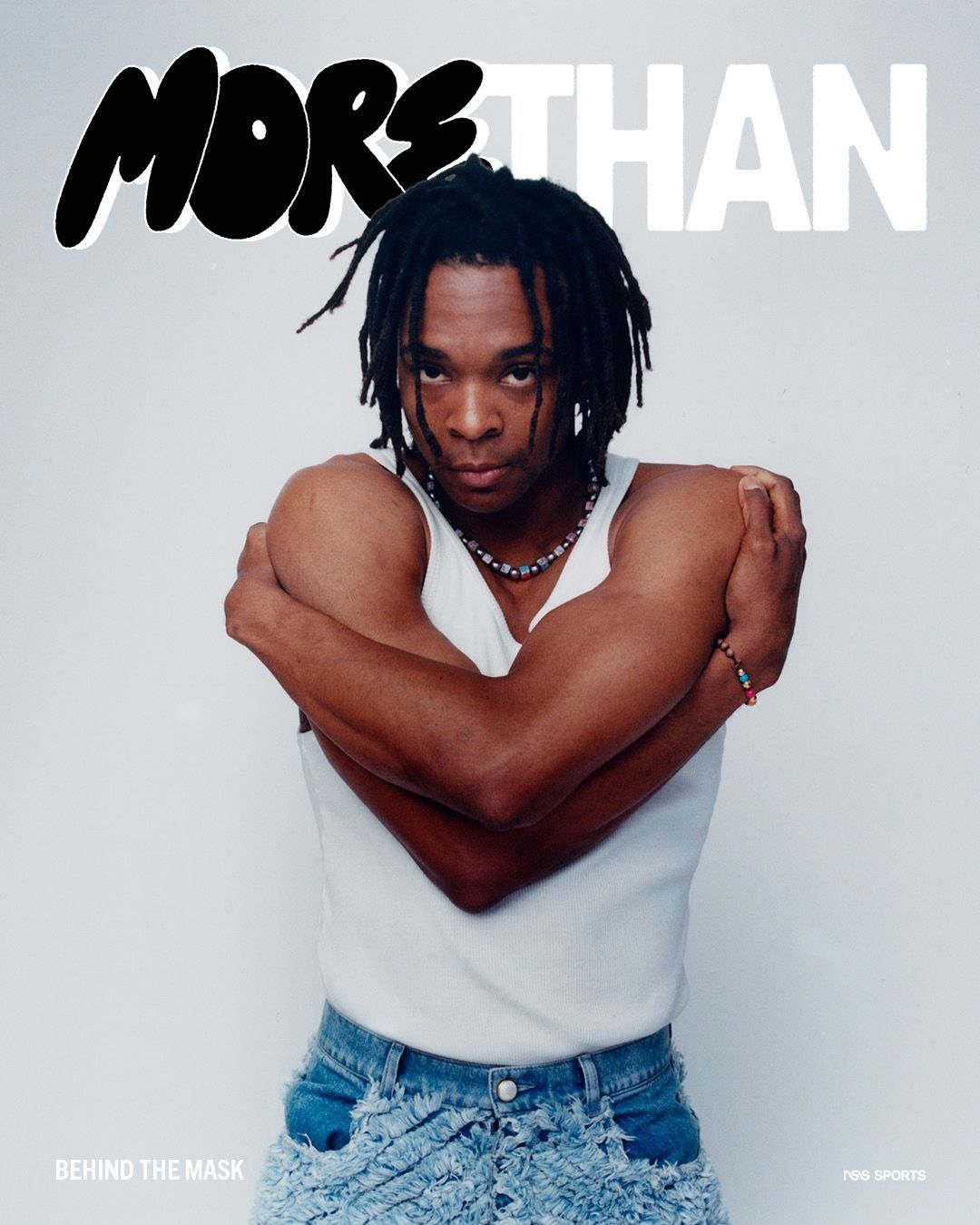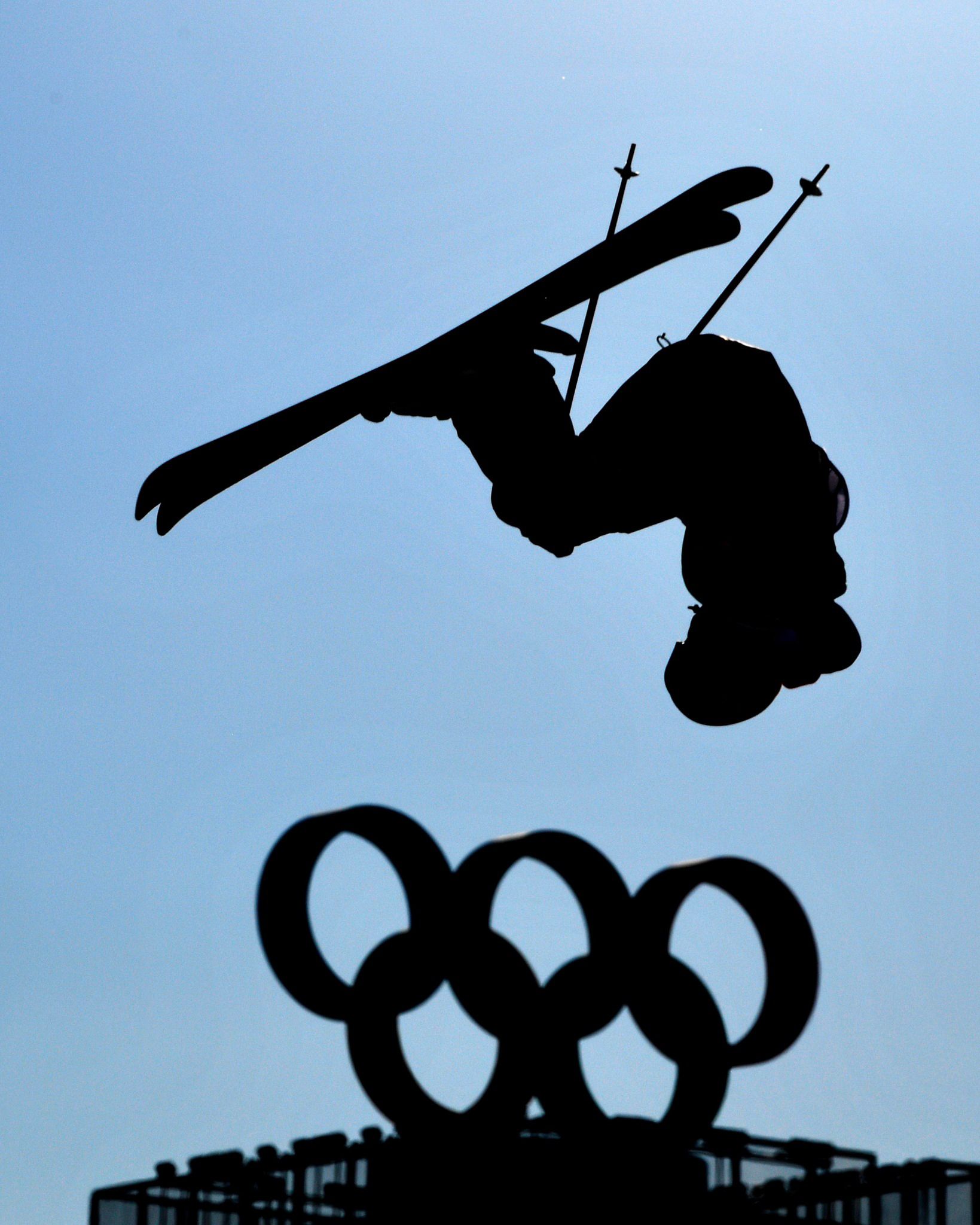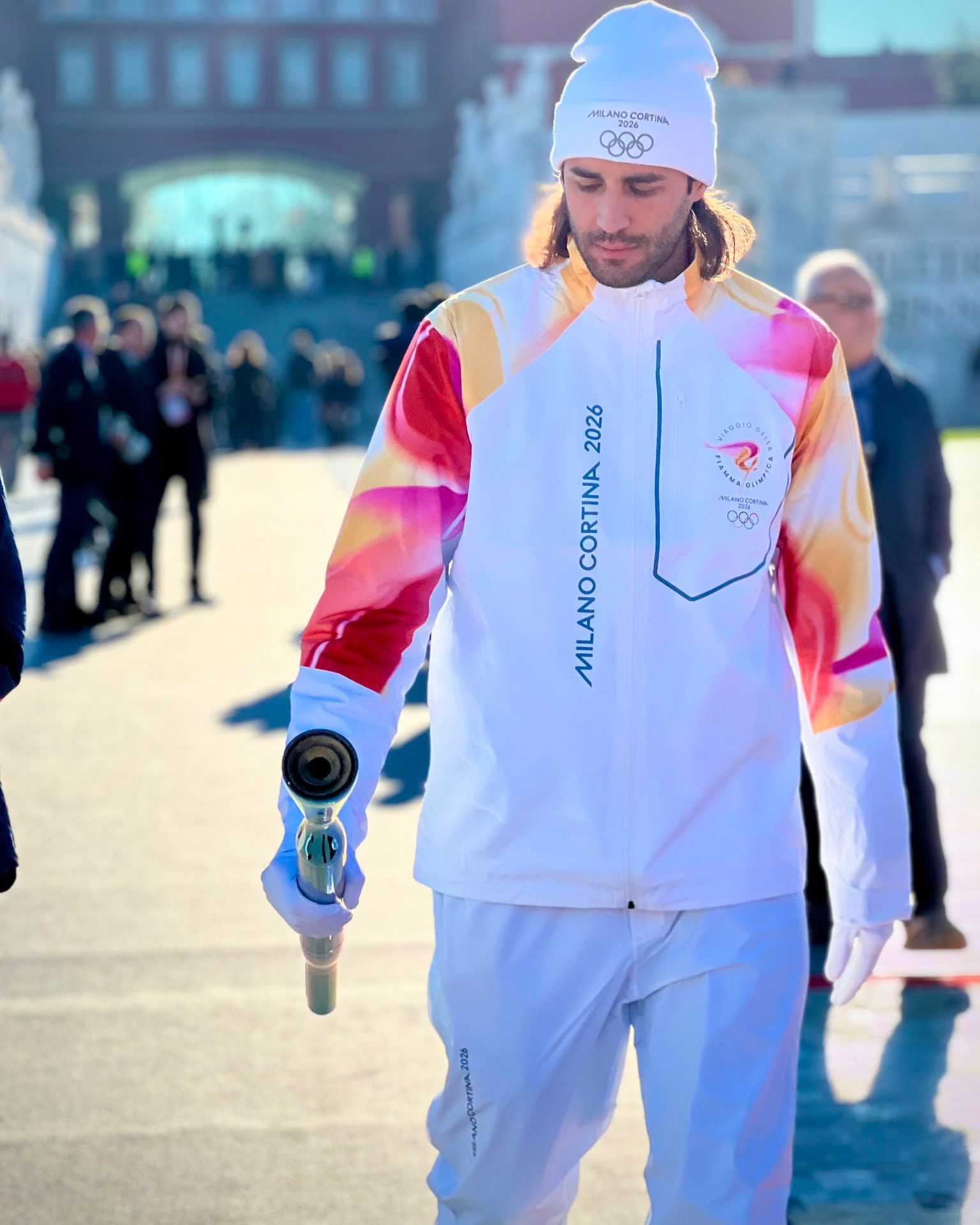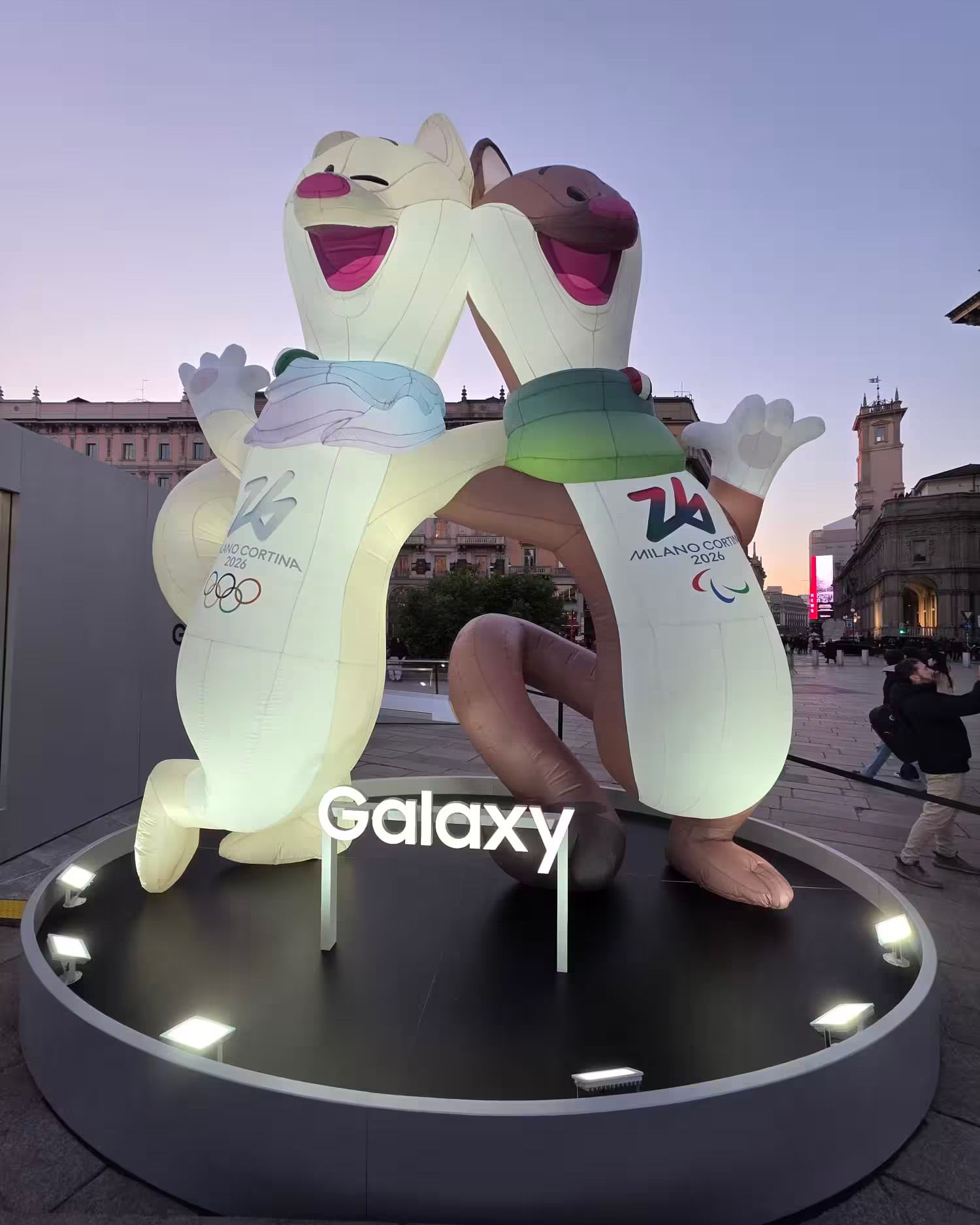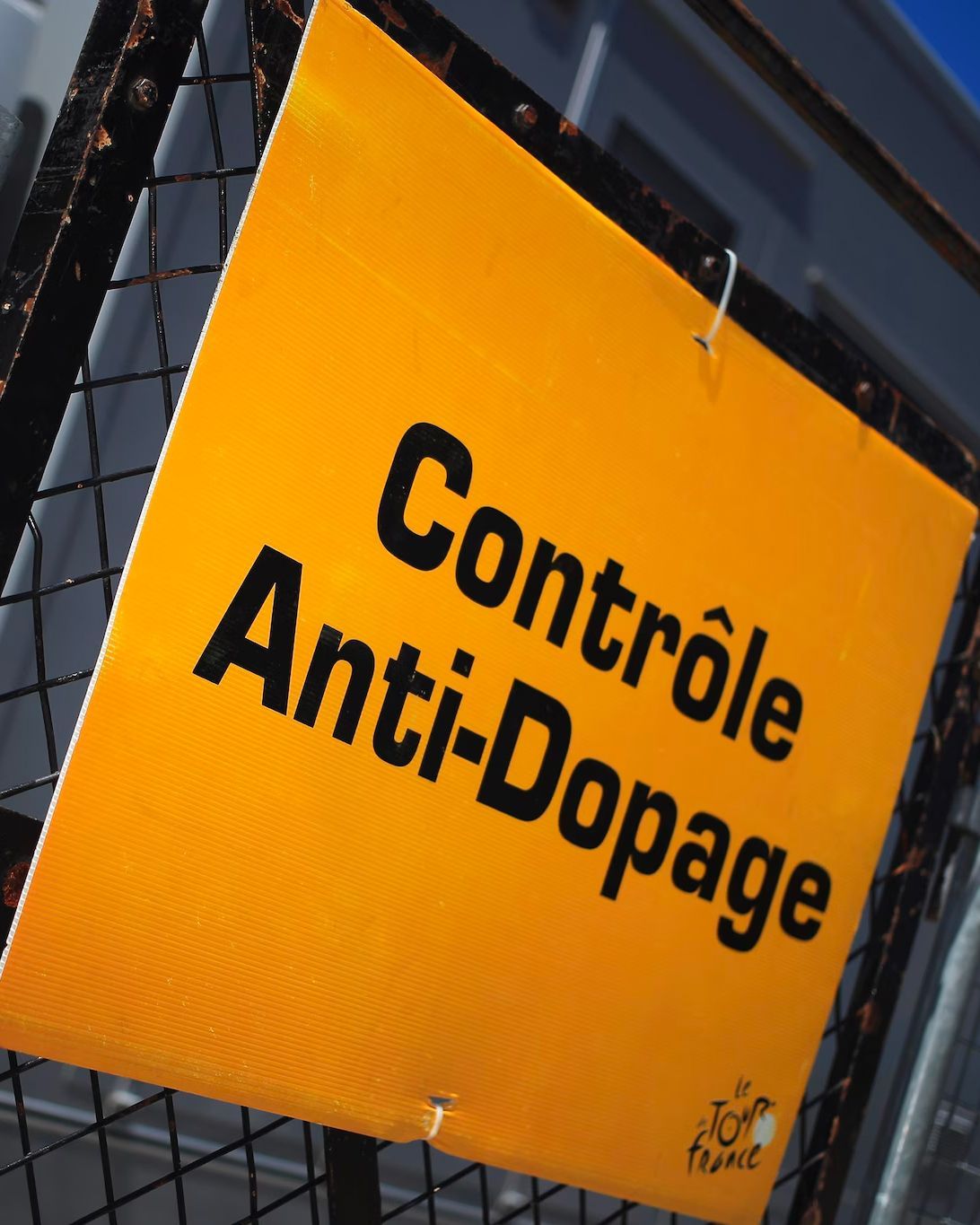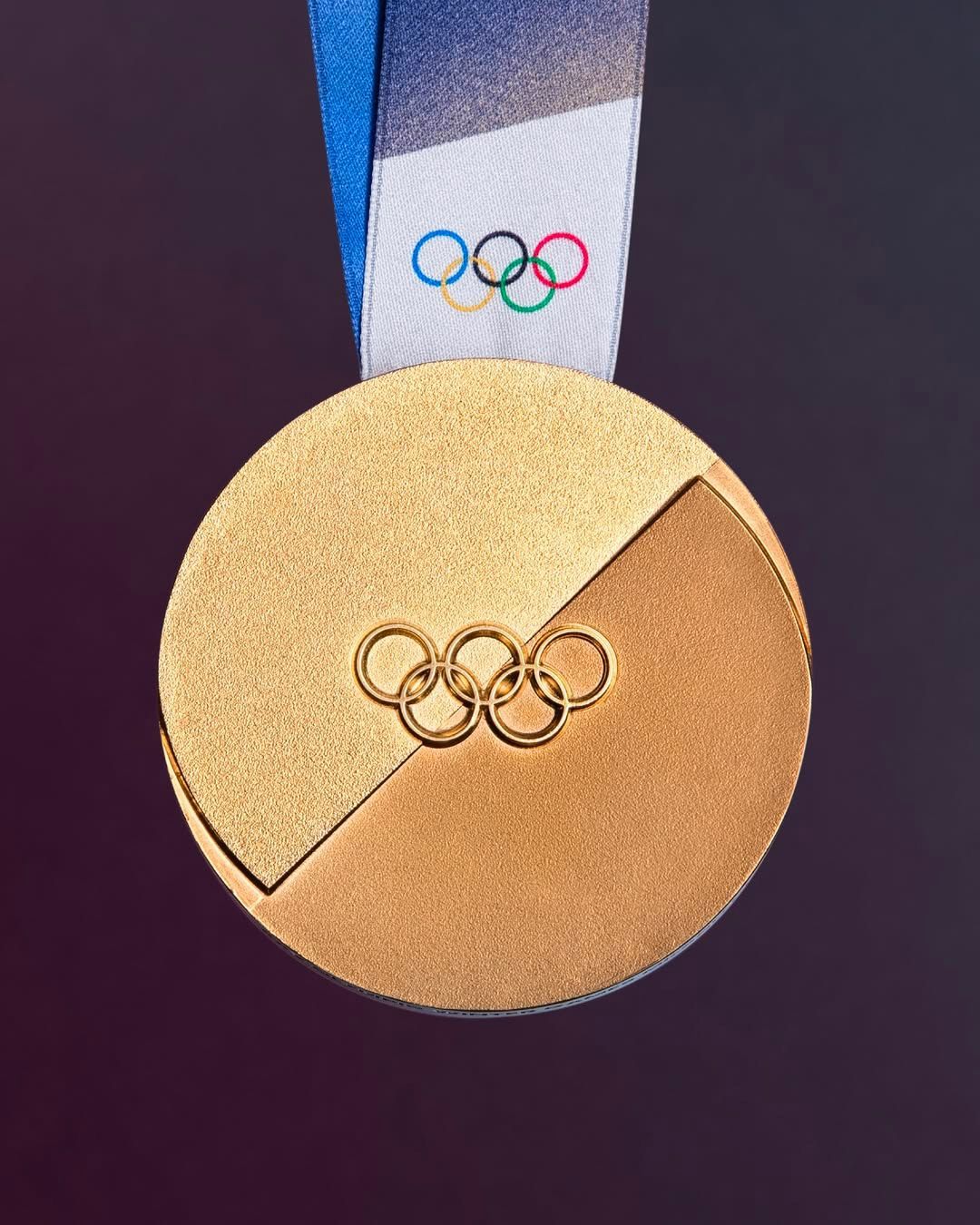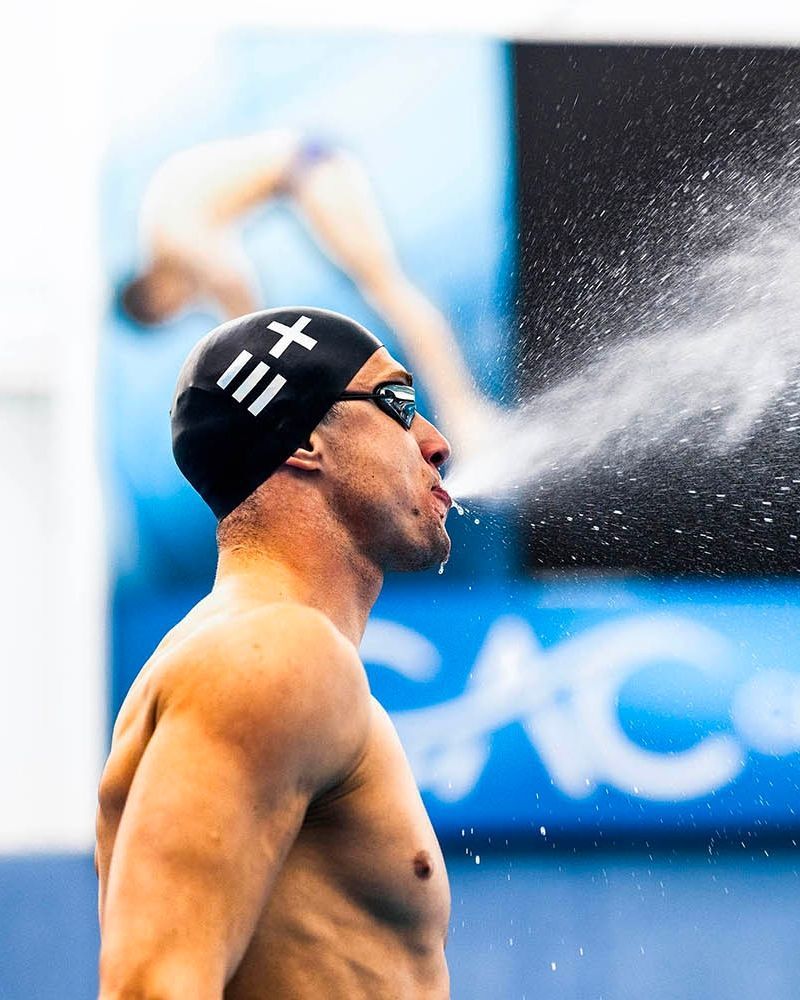
Everything goes at the Enhanced Games Doping is allowed too
On Wednesday, March 21st, Greek swimmer Kristian Gkolomeev broke the world record in the 50-meter freestyle with a time of 20.89 seconds. The previous record dated back to 2009, and by setting this new mark, Gkolomeev received a prize of one million dollars. However, there’s a problem: his record is not recognized by World Aquatics, the international swimming federation, because he was doped. Gkolomeev is one of the athletes who decided to join the Enhanced Games program, a sporting organization aiming to compete with the Olympic Games, where everything is allowed, including doping, and whose first edition is scheduled to take place in 2026 in Las Vegas. Gkolomeev had previously attempted to break the record, and after going under the world mark, he confirmed that he had followed a two-month program in which he used performance-enhancing substances. The organizers did not disclose the details of these substances, but according to their version, they are legally prescribed medications and thus not obtained illegally as is usually the case with doping.
In their presentation manifesto, the Enhanced Games describe themselves as: “tthe pioneers of human enhancement, in order to unlock the full potential of human ability, promote fairness and opportunity, protect the right of individuals to become extraordinary… Athletic excellence is the exemplar of the human spirit, and athletes have the innate right to elevate their physical and mental capacities. Excellence can not be confined by arbitrary boundaries, and true greatness flourishes in the freedom to explore, enhance, and evolve beyond what once was.” To simplify, the Enhanced Games do not follow the rules of the World Anti-Doping Agency, granting athletes full freedom to do what they want with their bodies. Doping is not mandatory, nor are there tests like those at the Olympic Games, but there is a Performance Enhancement Protocol, a system that allows doctors to monitor athletes, while an ethics committee approves treatments to ensure that every form of "enhancement" is safe, legal, and scientifically validated.
It’s not just about doping, the Enhanced Games are open to any kind of performance-improving solution in sports. For example, in swimming, it is possible to use full polyurethane racing suits, which have been banned by World Aquatics because they enhance swimmers' buoyancy and thus improve performance in the pool. As mentioned, the first edition of the Enhanced Games is scheduled for summer 2026 at Resorts World in Las Vegas, featuring three sports: swimming (50/100 meter freestyle, 50/100 meter butterfly), track and field (100 meter dash, 110/100 meter hurdles, and 60 meter dash), and weightlifting (snatch and clean and jerk). The prize pool can reach up to $500,000 for each event, plus an additional million dollars if an athlete is able to break the world record in the 100 meter dash or the 50 meter freestyle.
Of course, WADA and the IOC have condemned the Enhanced Games, stressing that they violate every concept of fair play and fair competition in sport, while also endangering the health of the athletes involved. These athletes are, on paper, true professionals, such as the aforementioned Gkolomeev, who placed fifth in the 50-meter freestyle final at the last Paris 2024 Olympic Games, or Australian swimmer James Magnussen, winner of three Olympic medals between London 2012 and Rio 2016. What attracted these athletes was not just the chance to set a world record but also, if not especially, the possibility of earning in one race what they could make in an entire career. The Enhanced Games offer the highest payouts for athletes, including appearance fees, ranking-based bonuses, and record-breaking prizes. Where does the money come from? From the backing of some of the world’s leading private funds, including 1789 Equity, the fund headed by Donald Trump Jr., the son of the President of the United States.
Whether one holds a favorable or unfavorable view on the use of performance-enhancing substances in athletics, several critical issues arise. These include the potential dangers involved and the possibility that regulated use could provide a safer option compared to the clandestine practices that the anti-doping system finds challenging to control. Amid this debate, it is evident that a notable movement has emerged within the sports community, a group that seeks to sever its connections to traditional norms and present itself as a progressive leader in the field. We've seen it in football, golf, and tennis. Now it's the turn of Olympic sports par excellence, and in this case, the challenge is to the very concept of what is acceptable and what is not.




